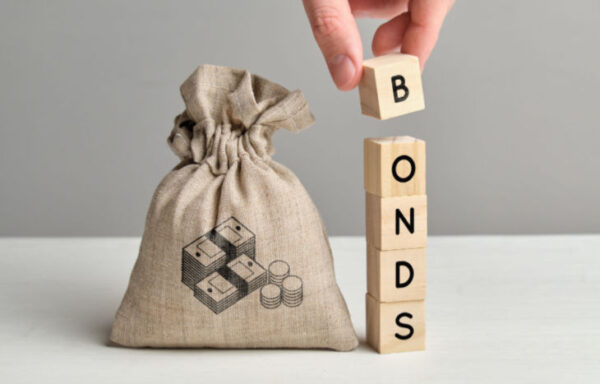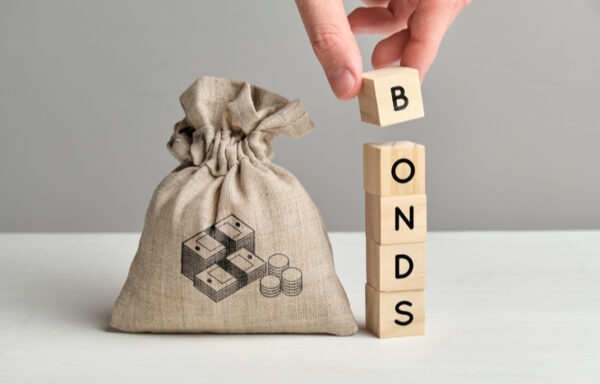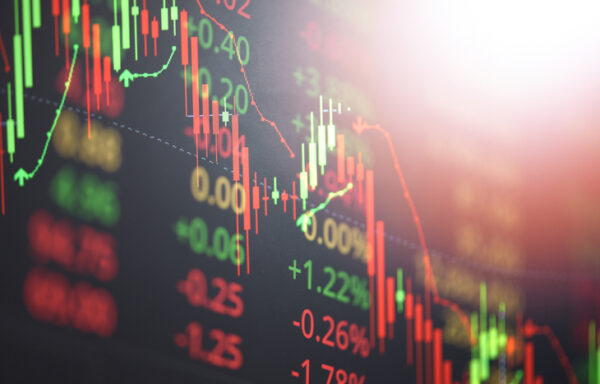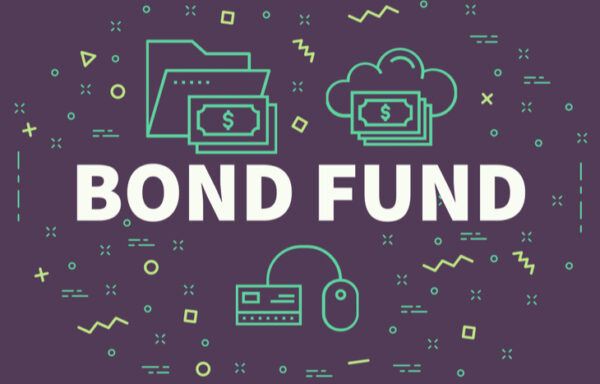Are Bonds Safe if the Market Crashes?
A stock market crash is something no investor can predict with reasonable certainty. However, that doesn’t stop savvy investors from moving their money into safe havens when enough signs point toward impending downturn. Often, the first market to surge on speculation of a market crash or correction is the bond market. But are bonds safe if the market crashes?
The safety of bond investments amidst a stock market crash ultimately depends on what you’re vested in, and why. Someone laddering investment-grade corporate bonds is going to be much better insulated from economic turbulence than someone taking advantage of high-interest callable bonds or rolling the dice on junk bonds. And, of course, treasuries will always be the gold standard safe haven investment.
If you’re a stock investor that’s taking a keen interest in the bond market as stocks trend down in 2022, here’s what you need to know about bonds.
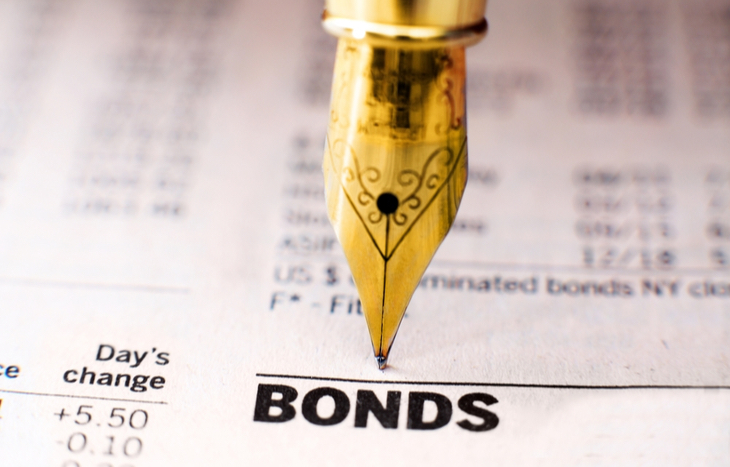
Bonds Perform Well in Bear Markets
When considering bond investments in a down market, it’s important to understand why they perform well. Remember that capital markets are forward-looking markets. A market crash followed by a bear market signals a protracted period where stock price performance might lag. Companies are more likely to fall short of earnings or pull back on projections, which temper stock prices. As a result, investors seek better (or more stable) returns elsewhere.
As a result, companies (and governments) issue bonds to raise money: debt fundraising vs. equity fundraising. These bonds typically come at higher and higher interest rates, relative to the prime rate. For investors, a 6% AAA bond can be a much more appealing investment as opposed to a lagging index that might return anywhere from 5-8% in a down market year.
Ultimately, bonds perform well in bear markets for two reasons: they offer stability and predictability. While stock prices fall, bonds rise in value. And, while a stock portfolio might show red, bond investors can count on fixed interest payments so long as they hold the bond.
How to Evaluate Bonds in a Bear Market
Bonds with fixed interest rates can weather just about any market conditions. That said, they’re not infallible. In the event of default, bondholders will find themselves holding the bag. This makes it extremely important to evaluate bonds beyond their par value or an attractive interest rate. Investors need to look at bond ratings.
Bond ratings fall into a range of creditworthiness scores, determined by the three major independent ratings agencies: Standard & Poor’s, Moody’s Investor Services and/or Fitch Ratings Inc. Investment-grade bonds are those with low likelihood of default, even in times of economic distress. Below-grade (or junk) bonds are those with a high risk of default: a risk that climbs higher in times of turmoil. Before purchasing a bond, always look at the issuer and the rating.
Investors also need to be mindful of bond covenants, which spell out the terms and conditions of a bond. Companies that can’t or won’t adhere to the covenant of the bond risk default. These are stipulations for how the company must behave or perform, and can be restrictive or affirmative. For instance, a bond issuer might fall into default if they exceed a certain debt-to-equity ratio or if they fail to renew an insurance policy. Covenants vary from bond to bond, company to company.
While it’s easy to find yourself tempted by a high-yield bond at a time when stock markets look bearish, recognize that there’s more to a bond investment than the coupon payments. A bond that looks too appealing might just be too good to be true.
What Kind of Bonds are Best in a Market Crash?
So, what bonds are safe if the market crashes? Typically, safe haven bonds come down to AAA corporate bonds and U.S. Treasuries.
AAA corporate bonds come from companies that maintain a stellar credit rating and have a strong history of honoring bond covenants when issuing debt. While it’s always possible to see a company’s credit rating fall, blue-chip companies almost never see their rating fall, even in tumultuous economic times. Thus, their bonds remain safe haven investments even when the market crashes.
Investment-grade corporate bonds are second only to U.S. Treasuries in safety. Because they’re backed by the full faith and credit of the United States government, U.S. Treasuries are, for all intents and purposes, infallible. They may not have yields as enticing as some corporate bonds, but it’s a small price to pay for steady peace of mind.
In the current market, where inflation is rampant, Treasury Inflation Protected Securities (TIPS) are also a smart investment. These bonds correlate directly to the rate of inflation, ensuring an investment that’ll always hold its value, regardless of market conditions.
Bonds as a Safe Haven Investment
Are bonds safe if the market crashes? Just like there’s no predicting a crash, there’s no telling how bonds will perform in the event one occurs. All investors can do is make informed assumptions based on market behaviors. Historically speaking, bonds are a safe haven investment; however, it depends largely on the type of bonds you choose to park your money in.
Investors looking for reliability and consistency will find it in U.S. Treasuries, including TIPS. Those willing to take on an ever-so-slight level of risk may look to AAA corporate bonds. Just remember that as creditworthiness dips, risk rises. Not all bonds perform the same in bear markets, and only bonds backed by reputability will preserve your wealth in the event of a market crash.


